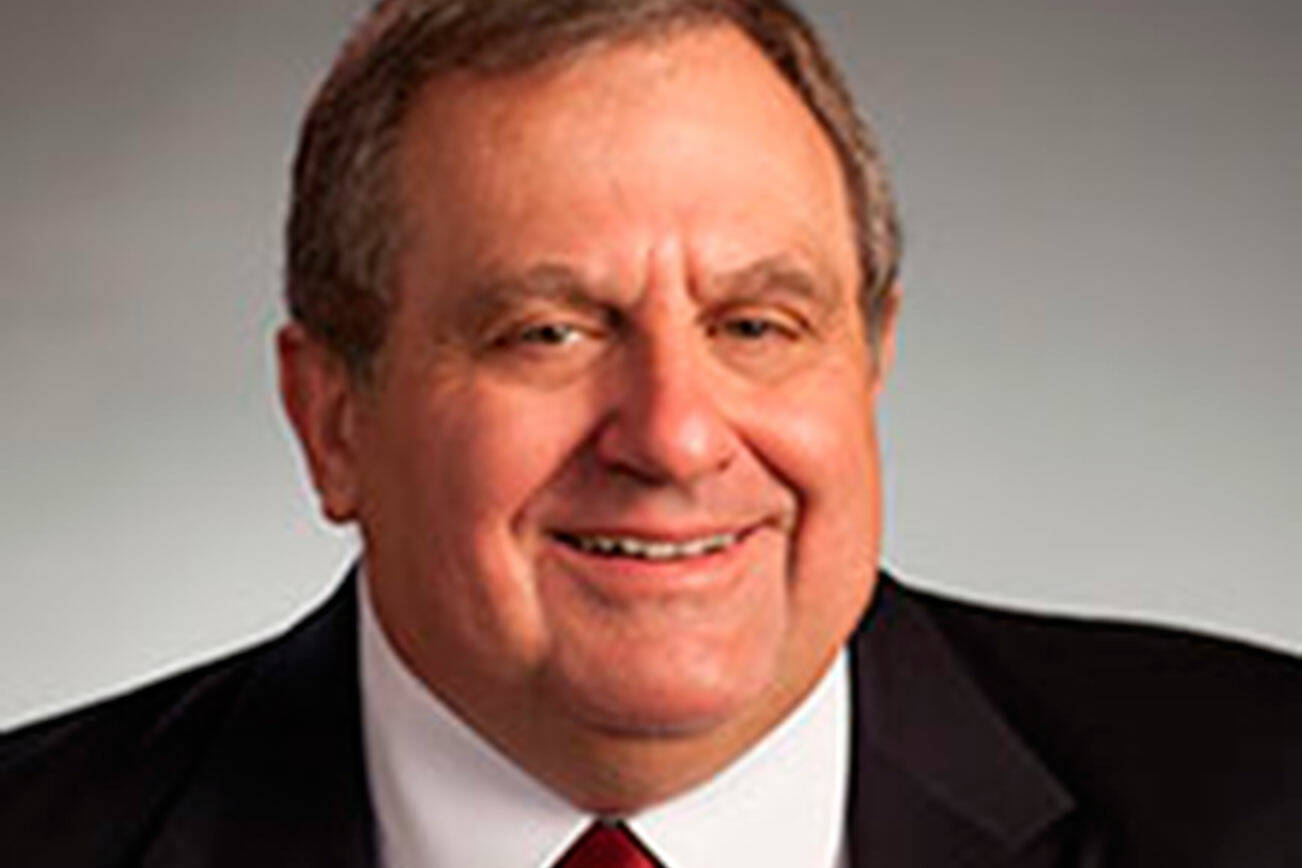When Oregon enacted the nation’s first bottle bill in 1971, it was intended to reduce litter on the state’s beaches, along roads, and in parks. It was a cleanup, not a recycling program.
Today, the focus is recycling empty beer, pop, juice, and water containers and it is working very well in large part because it pays people to recycle.
Collect the “empties” and earn a dime for each plastic bottle or aluminum can. It adds up and often is enough money to supplement purchases of food and gas.
Oregon Public Broadcasting’s (OPR) reported last year the state’s program hit another milestone, 88.5% redemption rate, the highest in the nation. Compare that to the worldwide data where a million plastic bottles are purchased every minute and 90% of empty plastic bottles are not recycled and end up in landfills or in the ocean.
In Oregon, recyclers paid more than $205 million to people recycling and local non-profits returning more than two billion containers to redemption centers in 2022.
Bottle bills, also known as container deposit return laws, are the practice of adding a small deposit on top of the price of a beverage. This repays the consumer when the empty can, or bottle, is returned to a retailer or redemption center for recycling.
A large part of the program’s recent success is lawmakers in Salem doubled the payout to 10-cent a container in 2017.
Currently, ten states throughout the U.S. have a bottle bill: California, Connecticut, Hawaii, Iowa, Maine, Massachusetts, Michigan, New York, Oregon, and Vermont.
Iowa’s payment is five cents per bottle or can. Recently, state lawmakers bolstered the program by hiking cash going to recycling centers to three cents. Beverage distributors get two cents. Iowa grocers can now opt-out of being a collection center if there is a recycler within 15 miles.
Iowa’s bottle recycling is run by the private sector but regulated by the state. It is operated by for-profit beverage distributors, retailers, and recyclers. Oregon’s system is administered by the Oregon Beverage and Recycling Cooperative, which is a statewide not-for-profit.
Washington took a broader approach to litter control in 1971 and passed The Model Litter Control Act which levied a 0.015% tax on food, cigarettes, soft drinks, beer, wine, newspapers, magazines, and other items. It was for roadside litter cleanup.
This was an extraordinary step forward for an industry group to take, and stemmed from fear of a bottle bill, which just passed in Oregon and imposed a deposit on certain recyclables, according to Washington Dept. of Ecology documents.
Over the years in our state, there have been attempts to enact taxes on beverage containers. That last of which was in 1979 when voters rejected the initiative by a 57% vote. However, over time, Washington has developed recycling programs for items such as newspapers, motor oils, glass bottles, cardboard, metals, and batteries.
Now, Washington lawmakers are looking to a version of Oregon’s bottle tax as part of broader recycling legislation: Washington Recycling and Packaging Act (WRAP).
If enacted WRAP establishes a producer responsibility program that requires consumer product manufacturers to fund statewide residential recycling services for packaging and paper items.
Organizations, with on-going recycling programs, opposed the bill because it shifts costs, is complicated, and the focus is on the producer rather than incentives for people recycling.
Lawmakers need to look at what works in Oregon and Iowa. Paying for recycling is producing results. That might be a way to entice consumers to enact a beverage bottle tax.
It is amazing what happens when people are given incentives and can earn a little extra money. The bottom line is cash drives people to recycle.
Don C. Brunell is a business analyst, writer and columnist. He is a former president of the Association of Washington Business, the state’s oldest and largest business organization, and lives in Vancouver. Contact thebrunells@msn.com.
Talk to us
Please share your story tips by emailing editor@kentreporter.com.
To share your opinion for publication, submit a letter through our website https://www.kentreporter.com/submit-letter/. Include your name, address and daytime phone number. (We’ll only publish your name and hometown.) Please keep letters to 300 words or less.

